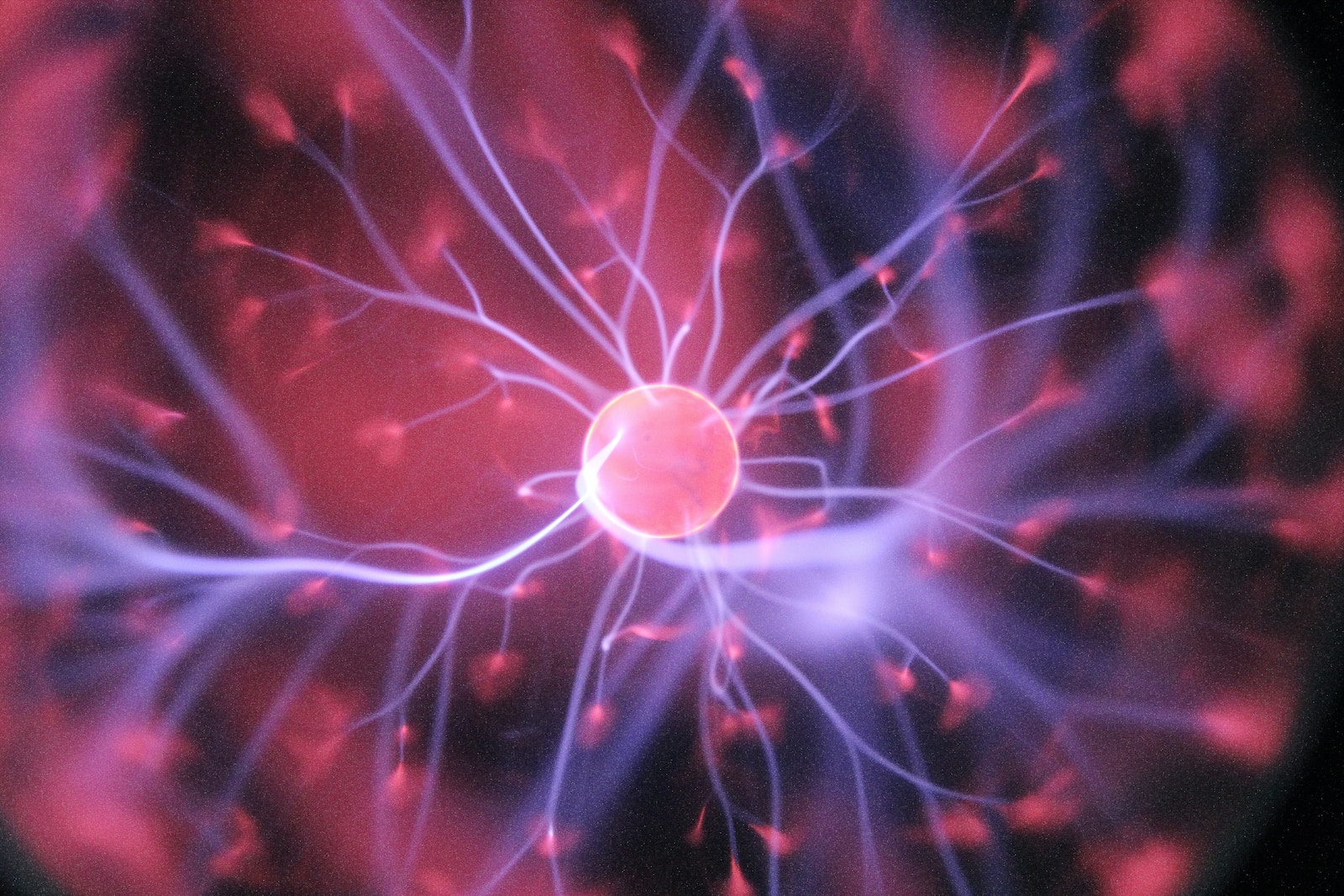Are you ready to embark on a mind-bending journey through the depths of the aging brain? Brace yourself, because a revolutionary AI algorithm, known as HistoAge, is about to unveil the hidden secrets of brain aging.
With its astonishing accuracy of within 5.45 years, HistoAge analyzes human brain tissue to predict age at death. This groundbreaking algorithm not only sheds light on neurodegeneration but also offers a reliable metric for understanding cognitive impairment, cerebrovascular disease, and Alzheimer's-type protein aggregation.
Get ready to witness the future of brain research and innovation.
Key Takeaways
- HistoAge algorithm predicts age at death with an average accuracy of within 5.45 years.
- HistoAge-based age acceleration shows strong associations with cognitive impairment, cerebrovascular disease, and Alzheimer's-type protein aggregation.
- HistoAge provides a reliable metric for determining brain age and understanding neurodegeneration.
- AI, like HistoAge, is revolutionizing medicine and improving diagnosis and treatment.
The Power of HistoAge Algorithm in Unlocking Brain Aging Secrets
You can unlock hidden brain aging secrets by harnessing the power of the HistoAge algorithm. This revolutionary AI algorithm offers a robust and unbiased metric for determining brain age and understanding neurodegeneration.
With its applications in brain aging research, HistoAge provides valuable insights into cellular changes underlying degenerative diseases. The algorithm analyzes the cellular composition of human brain tissue specimens, allowing for a deeper understanding of cognitive decline correlations.
It outpaces current age acceleration measures like DNA methylation, making it a reliable and independent metric for determining brain age. HistoAge-based age acceleration shows strong associations with cognitive impairment, cerebrovascular disease, and Alzheimer's-type protein aggregation.
Ai's Breakthrough in Revealing Hidden Insights Into Brain Aging
AI's breakthrough in revealing hidden insights into brain aging is a significant advancement in our understanding of this complex process. The HistoAge algorithm, powered by AI, holds immense potential in predicting and preventing age-related cognitive decline.
However, its use raises ethical implications concerning privacy and consent. As AI algorithms analyze cellular composition from human brain tissue specimens, it's crucial to ensure that individuals are fully informed and give their consent for their data to be used in research.
Additionally, clinical applications of the HistoAge algorithm are promising, as it shows strong associations with cognitive impairment and Alzheimer's-type protein aggregation. By accurately determining brain age and identifying early changes related to diseases, the HistoAge algorithm could lead to targeted interventions and personalized treatments for debilitating brain diseases.
As we embrace this revolutionary AI breakthrough, it's essential to address the ethical considerations and explore its full potential in clinical settings.
Unveiling the Impact of HistoAge on Understanding Neurodegenerative Diseases
The HistoAge algorithm is shedding light on the impact it has on our understanding of neurodegenerative diseases.
This innovative algorithm plays a crucial role in predicting cognitive decline and exploring the potential of personalized medicine.
By analyzing the cellular composition of human brain tissue specimens, HistoAge provides valuable insights into the underlying mechanisms of neurodegeneration.
It has been shown that HistoAge-based age acceleration is strongly associated with cognitive impairment, cerebrovascular disease, and Alzheimer's-type protein aggregation.
This metric outpaces current measures like DNA methylation, making it a reliable and unbiased tool for determining brain age.
With its ability to identify early changes related to diseases, HistoAge opens up new avenues for the diagnosis and treatment of debilitating brain disorders.
Its potential in personalized medicine holds promise for improving patient outcomes and developing targeted therapies.
Investigating the Significance of HistoAge in Determining Brain Age
Investigating the Significance of HistoAge in Determining Brain Age
Explore the importance of delving into the significance of HistoAge in determining brain age.
HistoAge, an innovative AI algorithm, provides a reliable and unbiased metric for understanding neurodegeneration and assessing aging in human samples.
By analyzing the cellular composition of brain tissue specimens, HistoAge offers insights into the impact of histoage on cognitive impairment and the association between histoage and cerebrovascular disease.
This groundbreaking research opens up new possibilities in the field of brain aging, revolutionizing our understanding of degenerative diseases.
With its robust and accurate predictions, HistoAge can identify early changes related to diseases, enabling early intervention and improving diagnosis and treatment.
Collaborations and future studies will further enhance our knowledge of brain diseases and accelerate the development of effective therapies.
Together, HistoAge and AI technologies propel us towards a future of innovative solutions for debilitating brain disorders.
Future Possibilities: Collaborative Efforts and Discoveries in Brain Aging Research
By fostering collaborations and leveraging shared resources, you can unlock new discoveries and advancements in brain aging research. Multicenter collaborations play a crucial role in pooling data and expertise from multiple research institutions, enabling a more comprehensive understanding of brain aging.
These collaborative efforts allow researchers to access larger and more diverse datasets, leading to more robust and generalizable findings. Additionally, collaborations facilitate the sharing of methodologies, tools, and resources, accelerating the pace of research and fostering innovation.
Furthermore, these partnerships have the potential to uncover genetic discoveries related to brain aging. By analyzing large-scale genomic data, researchers can identify genes that protect against brain aging or contribute to its progression.
Collaborative efforts and genetic discoveries hold promise for developing targeted interventions and personalized treatments for age-related neurodegenerative diseases.
Conclusion
In conclusion, the HistoAge AI algorithm has revolutionized our understanding of brain aging and neurodegenerative diseases.
With its remarkable accuracy of within 5.45 years, HistoAge provides valuable insights into the cellular composition of brain tissue and its association with cognitive impairment and Alzheimer's-type protein aggregation.
Furthermore, an intriguing statistic shows that HistoAge surpasses current age acceleration measures like DNA methylation.
This groundbreaking tool offers immense potential for improved diagnosis, treatment, and the development of future cures for debilitating brain diseases.
